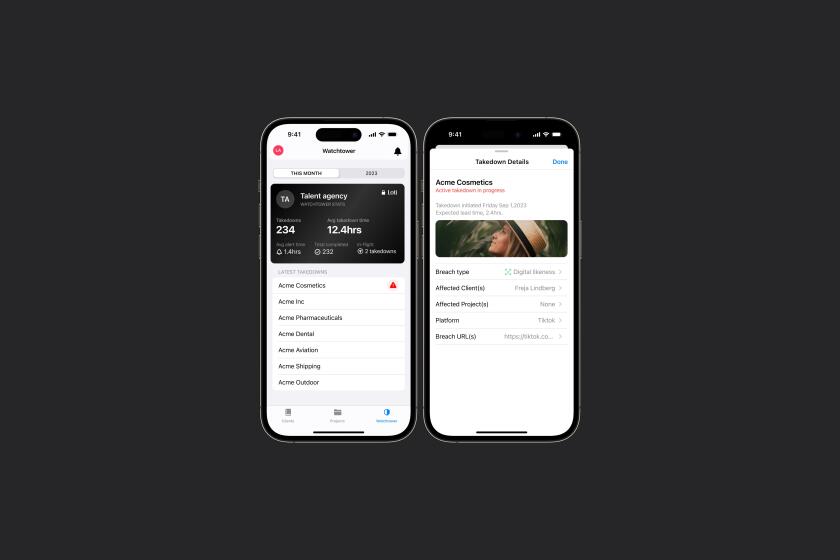Tom Hanks alerts fans about AI ads using his voice to sell ‘wonder drugs’: ‘Do not be fooled’

Nearly a year after Tom Hanks denounced a notorious deepfake dental endorsement that stoked striking SAG members’ fears about artificial intelligence, the actor has once again been targeted by the technology.
In a Thursday Instagram post, the “Forrest Gump” star warned fans about online advertisements using his likeness that he says were created “fraudulently and through AI.”
WME is partnering with Seattle-based AI and image recognition company Loti to stop unauthorized digital use of images from WME clients, including deepfakes.
“There are multiple ads over the internet falsely using my name, likeness and voice promoting miracle cures and wonder drugs,” Hanks wrote in his “public service announcement,” adding that the deepfakes were “created without my consent.”
“I have nothing to do with these posts or the productions and treatments, or the spokespeople touting these cures,” the actor continued. “I have type 2 diabetes, and I ONLY work with my board certified doctor regarding my treatment. DO NOT BE FOOLED. DO NOT BE SWINDLED. DO NOT LOSE YOUR HARD EARNED MONEY.”
Hanks is among a host of celebrities who have been mimicked by AI-generated media. Last year, an ad featuring a fake Luke Combs promoting “miracle” weight-loss gummies circulated on social media. Earlier this month, former President Trump shared a false image of Taylor Swift endorsing his 2024 bid as the Republican presidential nominee.
Because governmental regulation has lagged behind advancements in AI, unauthorized deepfakes have become a rising source of misinformation online.
But last week, a bipartisan group of U.S. senators introduced the NO FAKES Act, which would give both celebrities and laypeople legal recourse for the unauthorized AI replication of their likeness.
RIAA chief Mitch Glazier thinks ‘fans are discriminating about having a connection to human artists.’
“Generative artificial intelligence has opened doors to exciting new artistic possibilities, but it also presents unique challenges that make it easier than ever to use someone’s voice, image, or likeness without their consent,” Sen. Chris Coons (D-Del.), one of the bill’s sponsors, previously told The Times.
“Creators around the nation are calling on Congress to lay out clear policies regulating the use and impact of generative AI, and Congress must strike the right balance to defend individual rights, abide by the First Amendment, and foster AI innovation and creativity,” he said.
More to Read
Only good movies
Get the Indie Focus newsletter, Mark Olsen's weekly guide to the world of cinema.
You may occasionally receive promotional content from the Los Angeles Times.



![Guitar heatmap AI image. I, _Sandra Glading_, am the copyright owner of the images/video/content that I am providing to you, Los Angeles Times Communications LLC, or I have permission from the copyright owner, _[not copyrighted - it's an AI-generated image]_, of the images/video/content to provide them to you, for publication in distribution platforms and channels affiliated with you. I grant you permission to use any and all images/video/content of __the musician heatmap___ for _Jon Healey_'s article/video/content on __the Yahoo News / McAfee partnership_. Please provide photo credit to __"courtesy of McAfee"___.](https://ca-times.brightspotcdn.com/dims4/default/f4350ab/2147483647/strip/true/crop/1600x1070+0+65/resize/320x214!/quality/75/?url=https%3A%2F%2Fcalifornia-times-brightspot.s3.amazonaws.com%2F60%2Fef%2F08cda72f447d9f64b22a287fa49c%2Fla-me-guitar-heatmap-ai-image.jpg)









